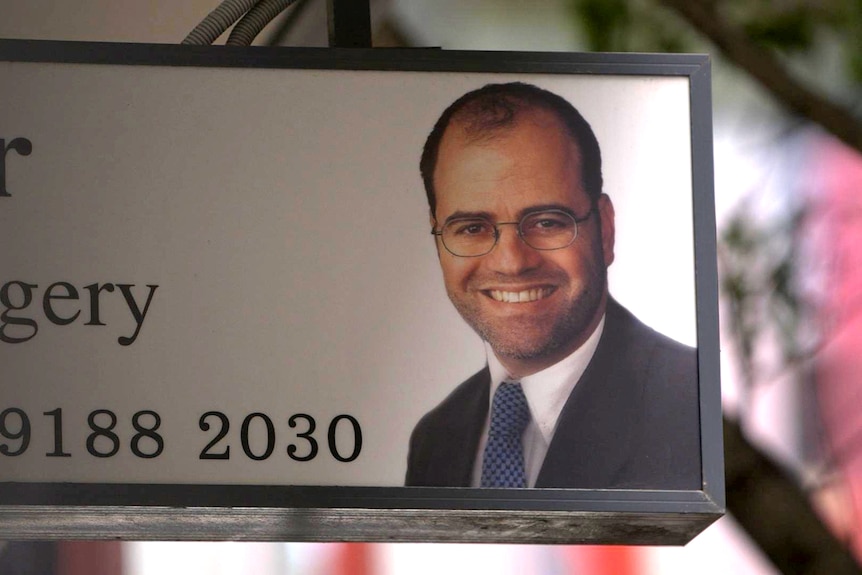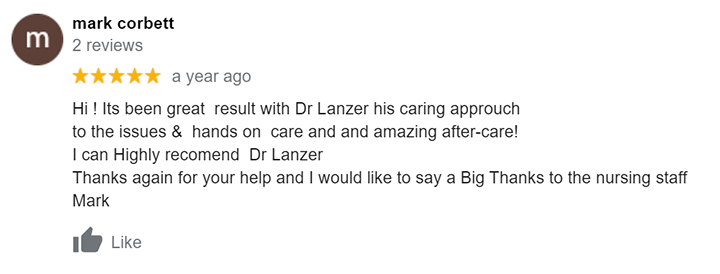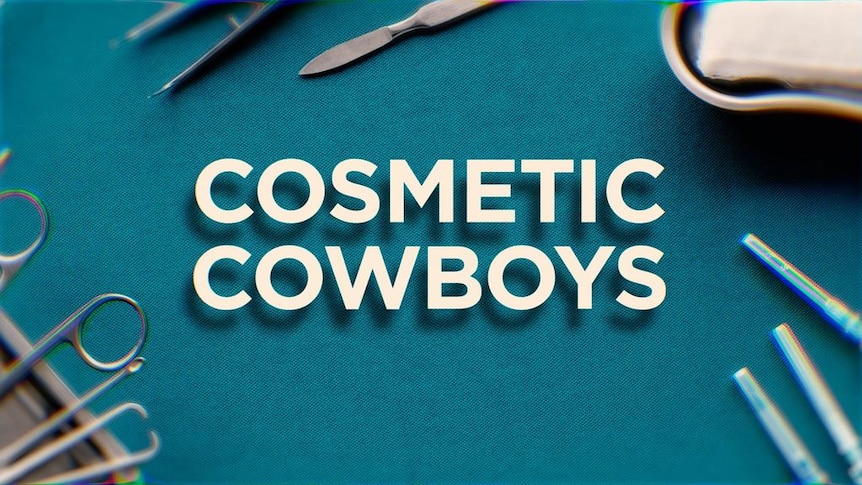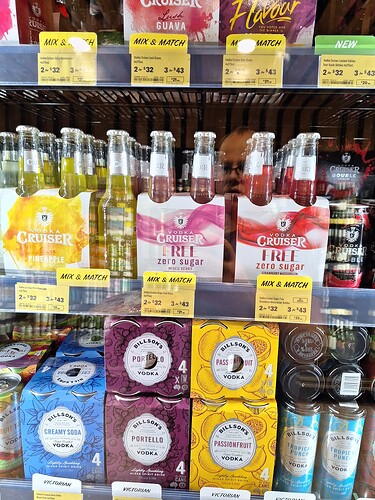When puffery leads to real harm.
Zero stars to five stars
Many of the patients who spoke to Four Corners said they had been lured in by Dr Lanzer’s brash social media presence and by glowing reviews of him and his team.
But the Four Corners investigation also uncovered evidence of a patient being paid off to remain silent.
Mark Corbett was so unhappy with his facelift that he posted a Google review declaring he would give Dr Lanzer “zero stars”.
That review is no longer publicly available.

Dr Lanzer says in his 30-year career he’s never had a single ruling or recommendation against him by any regulator.(Four Corners)
In its place is a five-star review from Mark Corbett which reads: "It’s been a great result with Dr Lanzer his caring approach to the issues & hands on care and amazing after-care!
“I can highly recommend Dr Lanzer.”

Mr Corbett’s updated review.
Mr Corbett told Four Corners that within a day of posting the original review, Dr Lanzer called him.
“He was almost crying on the phone and he asked me how much money I wanted. I said, flippantly, a thousand bucks, and he offered to fix it himself. But there’s no way I wanted him to touch me again.”
Mr Corbett accepted the $1,000 and changed the review.
“I do sometimes think about whether I should have amended the review, because he really shouldn’t be practising.”
Space to play or pause, M to mute, left and right arrows to seek, up and down arrows for volume.
WATCH
Duration: 50 minutes 5 seconds50m

Watch the Four Corners investigation into the unregulated world of cosmetic surgery.
Four Corners has also uncovered at least five Google reviews that were written by staff members at Dr Lanzer’s clinics, or by their relatives.
Former staff member Justin Nixon said it was common practice.
“He asked many of the staff members to write reviews to boost the score,” he said.
“He had made an appeal to staff that they should be writing reviews, encouraging staff to write reviews as well.”
Dr Lanzer declined to answer specific questions about the customer review allegations.
He described the Four Corners report as “spurious”, “unfair” and “misinformation”.
